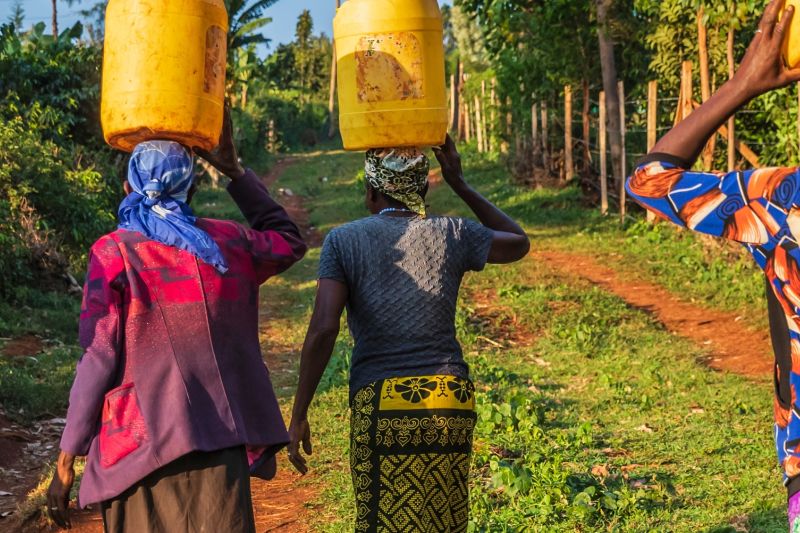MOSAIC
Multi-site application of Open Science in the creAtion of healthy environments Involving local Communities
Environmental changes and degradations, whether they result from global changes or local anthropogenic actions, have direct and indirect cascading impacts on human population livelihood, health and well-being by immediate changes in the provision of ecosystem services on which plants, wild and domestic fauna and human populations depend . The Covid-19 pandemic has shown the urgent need to intensify strategies that allow us to be one step 1 ahead of the occurrence of (re)emerging disease outbreaks, in particular zoonotic diseases with epidemic potential. Despite significant progress in the control of infectious diseases, the persistence, (re)emergence of some infectious agents of public health importance, has challenged the most optimistic scenarios regarding disease control and eradication. New diseases have emerged (Covid-19, MERS, SARS, Ebola, HIV/AIDS, etc.), others have re-emerged in areas that had been eradicated or controlled (Yellow Fever, Tuberculosis, Cholera, etc.) and some others have seen their geographical distribution increase significantly (ZIKV, CHIKV, DENV, WNV, etc.). Approximately 60-80% of emerging infectious diseases in humans are zoonotic in origin with over two-thirds in the past 40 years being viral in origin. Some of these pathogens are transmitted through one or a few species of arthropods (ZIKV, WNV, Mayaro virus-MAYV, Oropouche-OROV) and others originate from wild animals as a reservoir, which are intrinsically linked to the environment, its changes and degradations. In this context, there is a need for building adaptation and mitigation actions, at all space and time scales, and feasible, acceptable and sustainable solutions at a very local scale can/should be inspiring for states and international institutions to design larger scale responses.
The main question of the project is: how can open science, through a better integration of data and participatory sciences, empower citizens to understand the health and well-being consequences of ecosystem change and degradation and to address these consequences through adaptation and mitigation actions?






